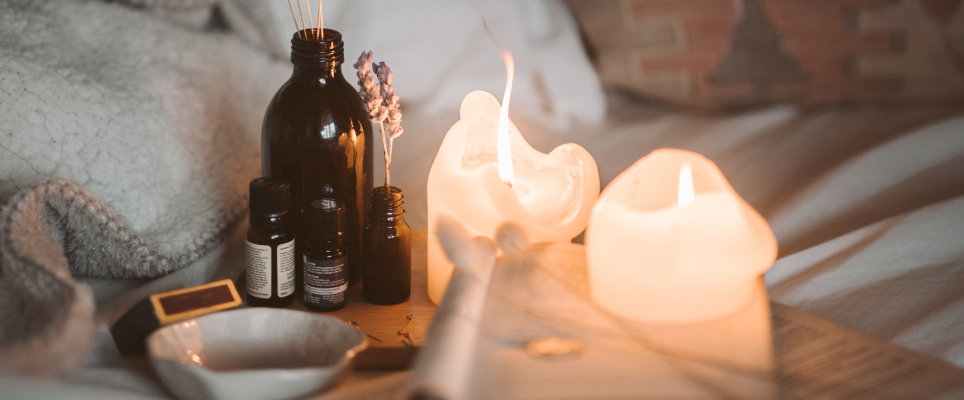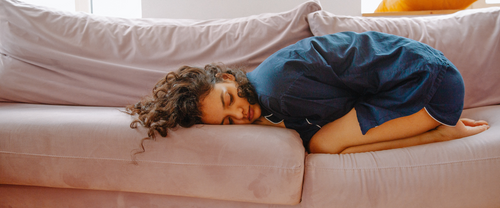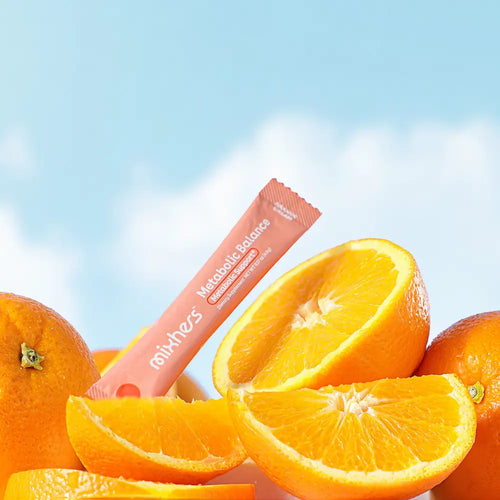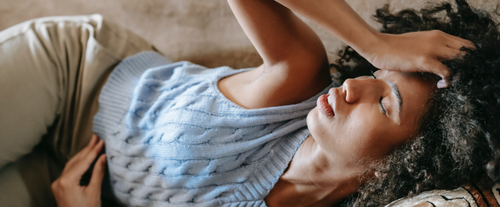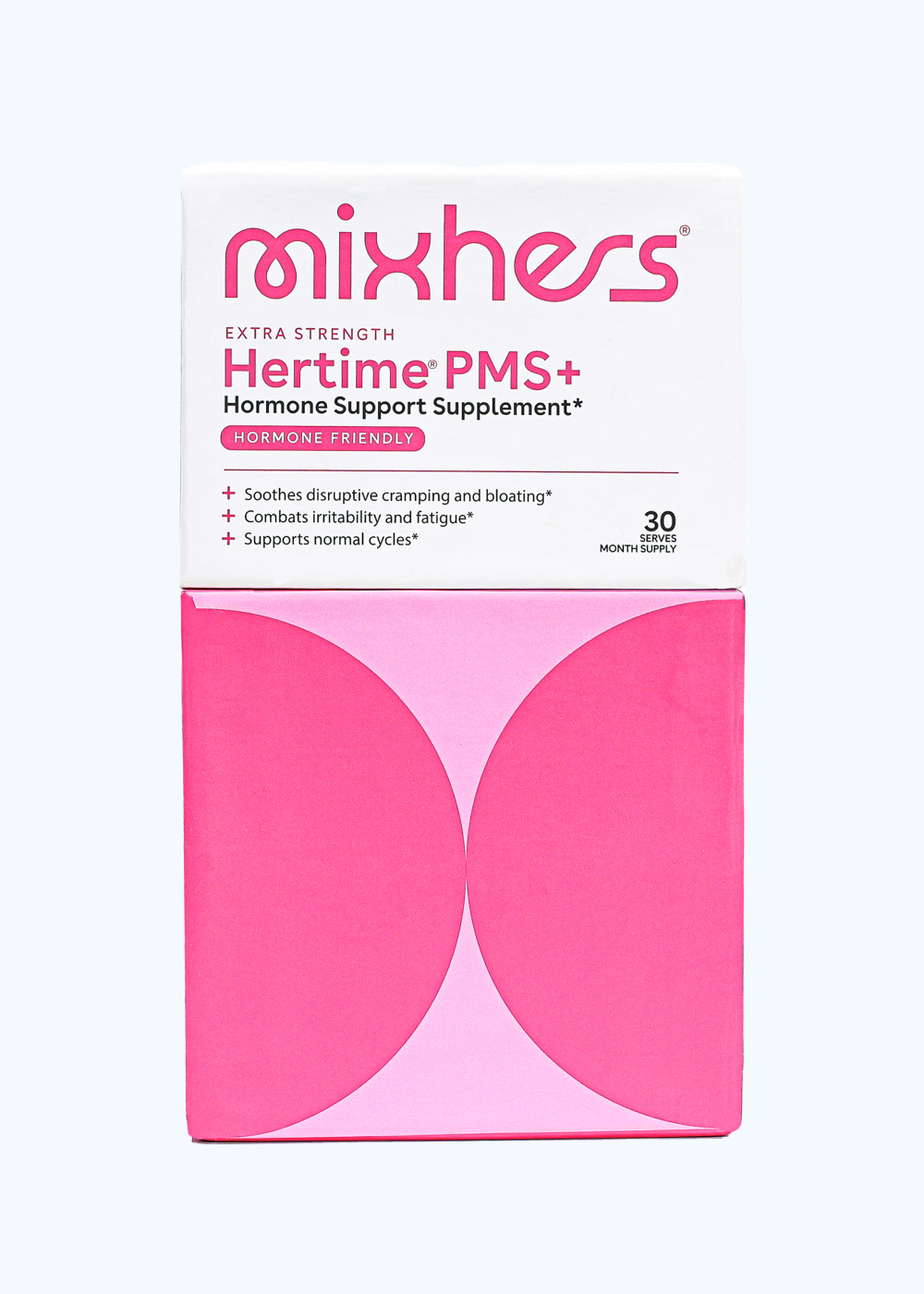Sex hormones, including estrogen, progesterone, and testosterone, help regulate our sexual desire. Women’s hormones can increase libido or decrease it, depending on whether or not they’re properly balanced in our bodies.
As women, we know that estrogen is one of our most important hormones. But many of us don’t really understand what it does. In pubescent females, estrogen is primarily responsible for developing and maintaining various parts of the reproductive system. It is also responsible for increasing breast size and stimulating the growth of pubic hair. And it is one of the primary hormones responsible for sexual desire.
There are different forms of estrogen in the body. Estradiol is the most dominant type during our reproductive years. Estradiol level fluctuations are normal at different stages in our lives. In postmenopausal women, estrone takes the place of estradiol as the prominent form of estrogen. During pregnancy, estriol emerges as the dominant form of circulating estrogen.
Progesterone’s primary role in our bodies is to get our uterine lining ready for a fertilized egg, support a healthy pregnancy, and help suppress the production of estrogen after we ovulate. Our adrenal glands, placenta, and ovaries all produce progesterone. During pregnancy and ovulation, our progesterone levels spike.
When progesterone levels spike in the body and estrogen drops, it can result in reduced sexual desire. This why there are certain times during the menstrual cycle and potentially during pregnancy when having sex sounds about as fun as getting your teeth pulled.
Testosterone is an androgen that regulates many different processes in the male body. It’s a major steroid hormone that plays a significant role in reproduction. In females, this androgen has a huge impact on sexual desire, even though it’s present in only small amounts in our bodies.
In addition to helping us get in the mood, testosterone also plays a role in regulating the menstrual cycle and developing muscle and bone strength. It’s important to have a balanced testosterone level if we want to optimize our sexual desire.
